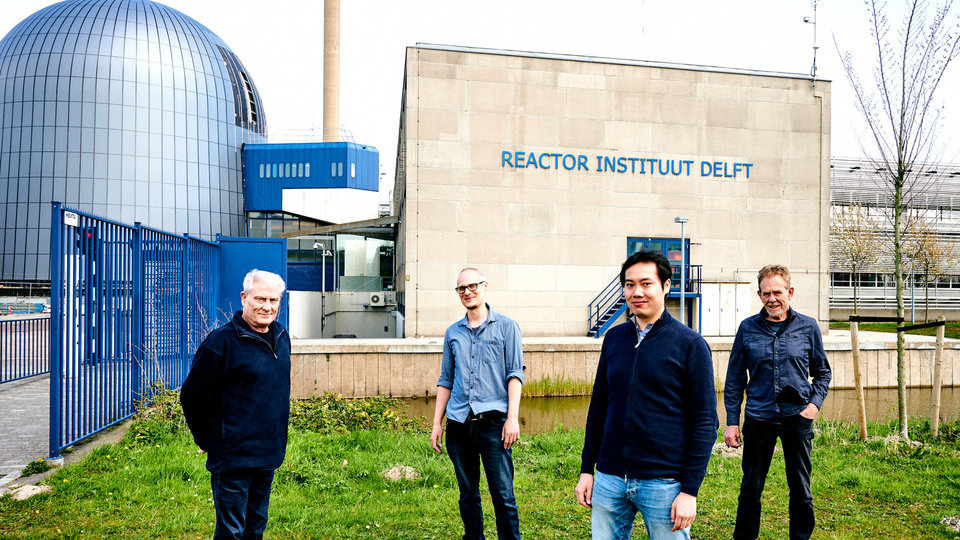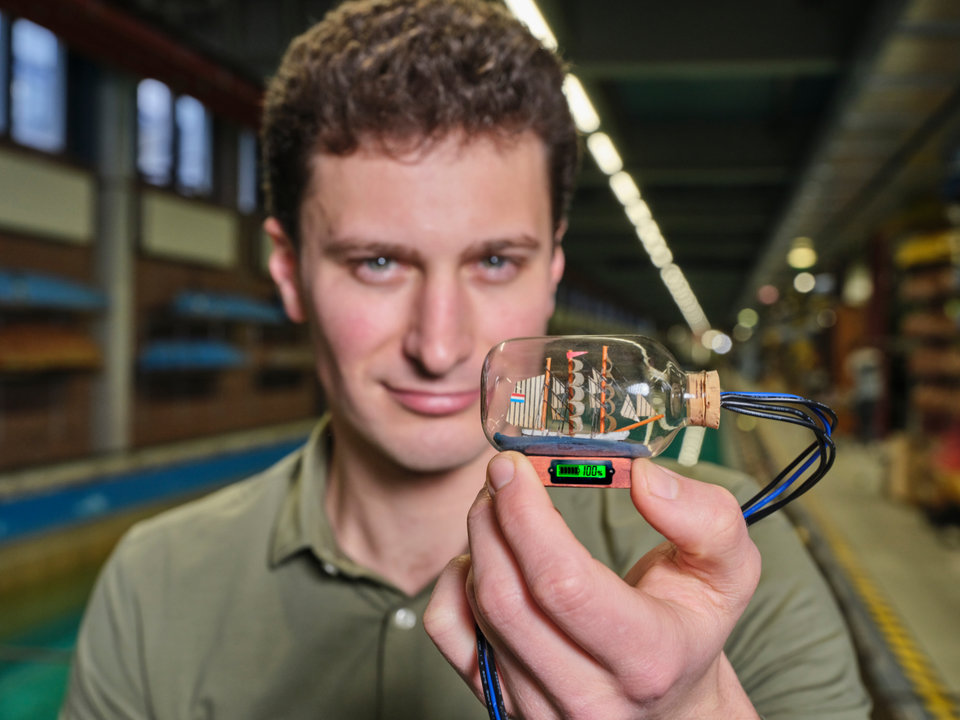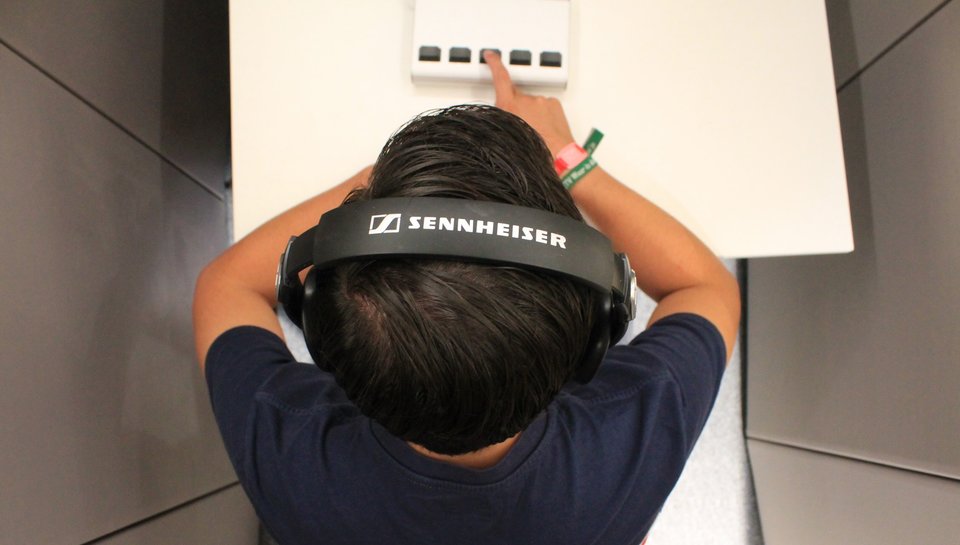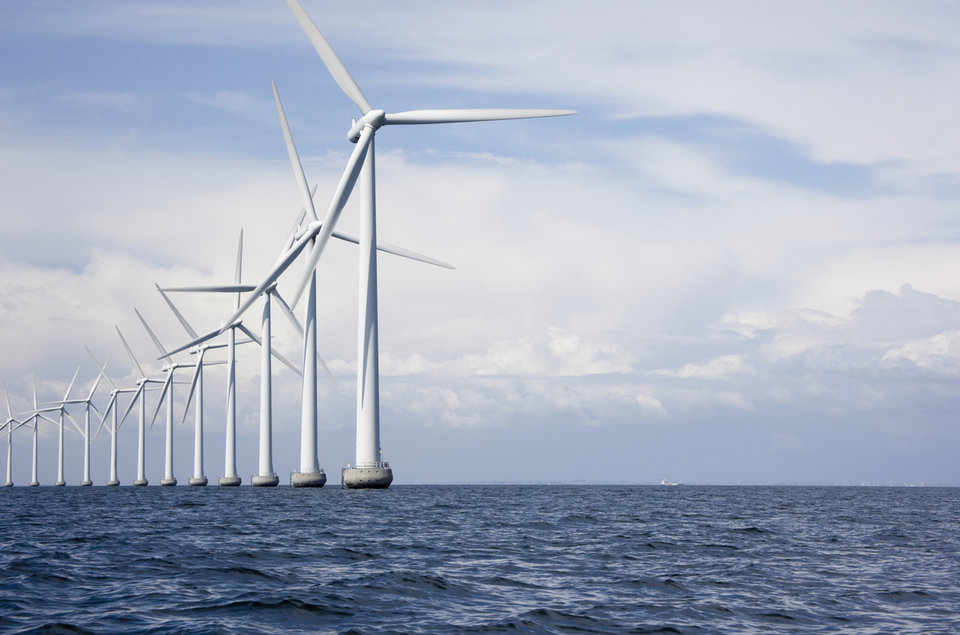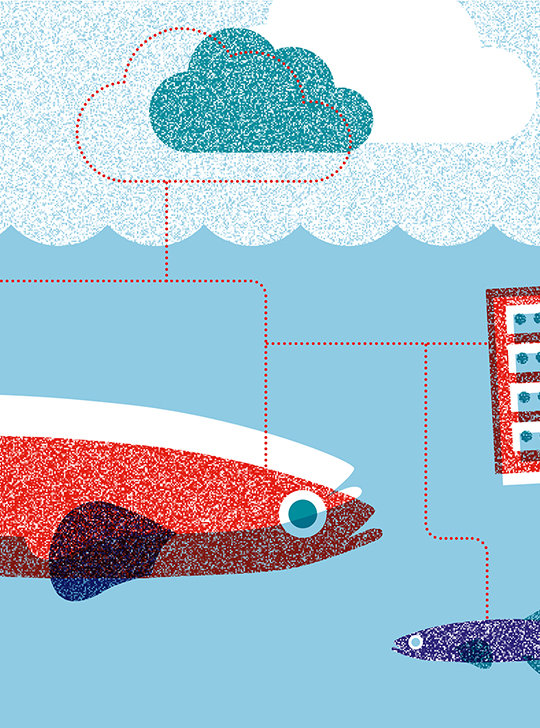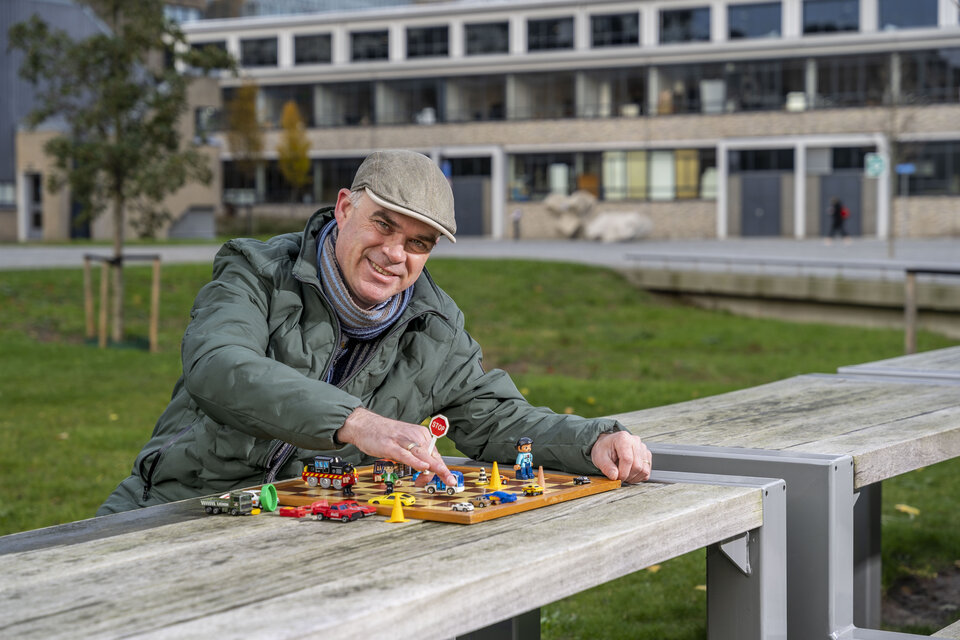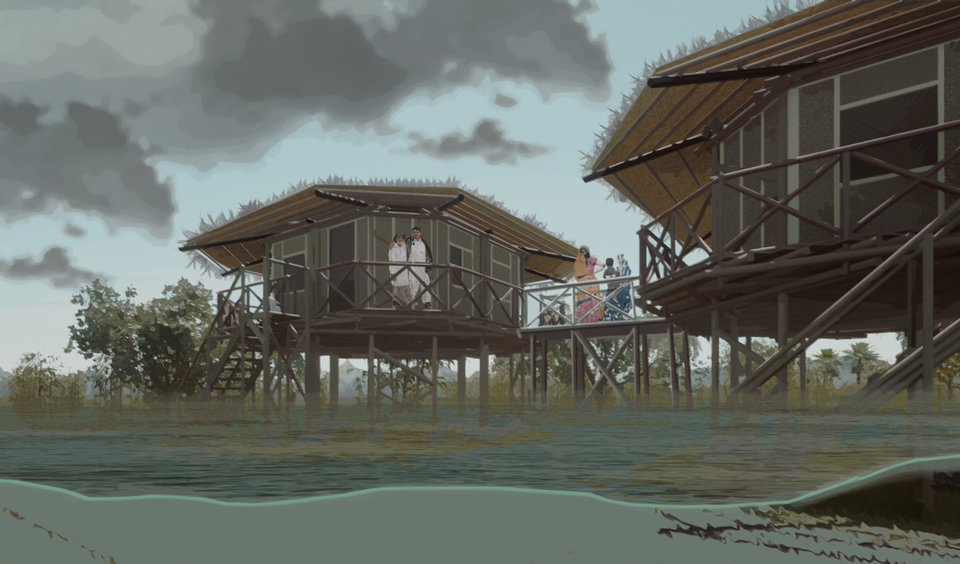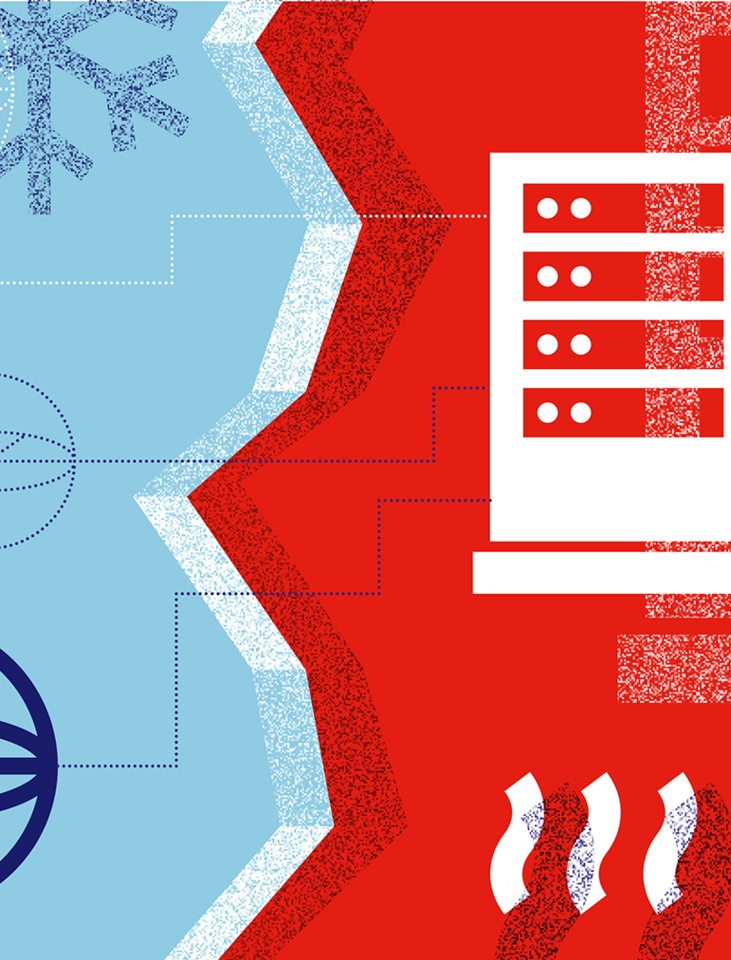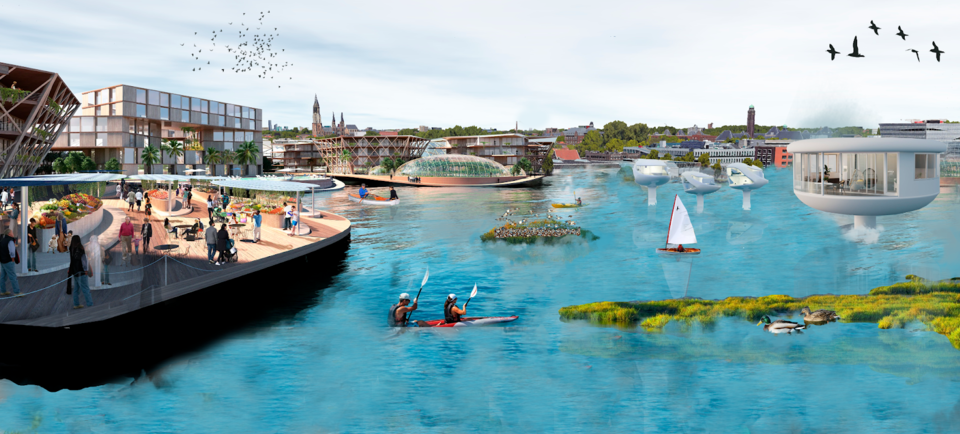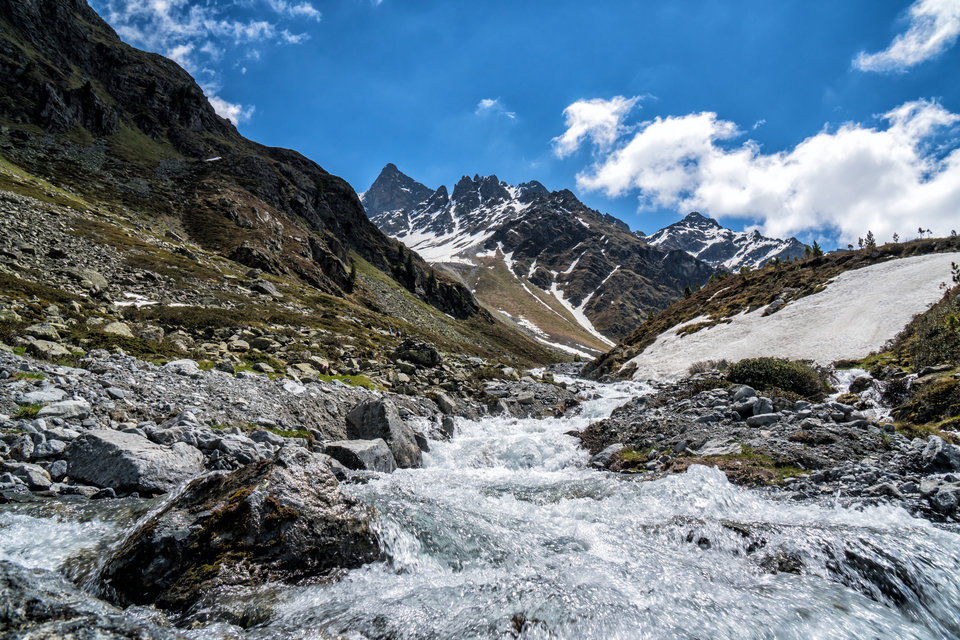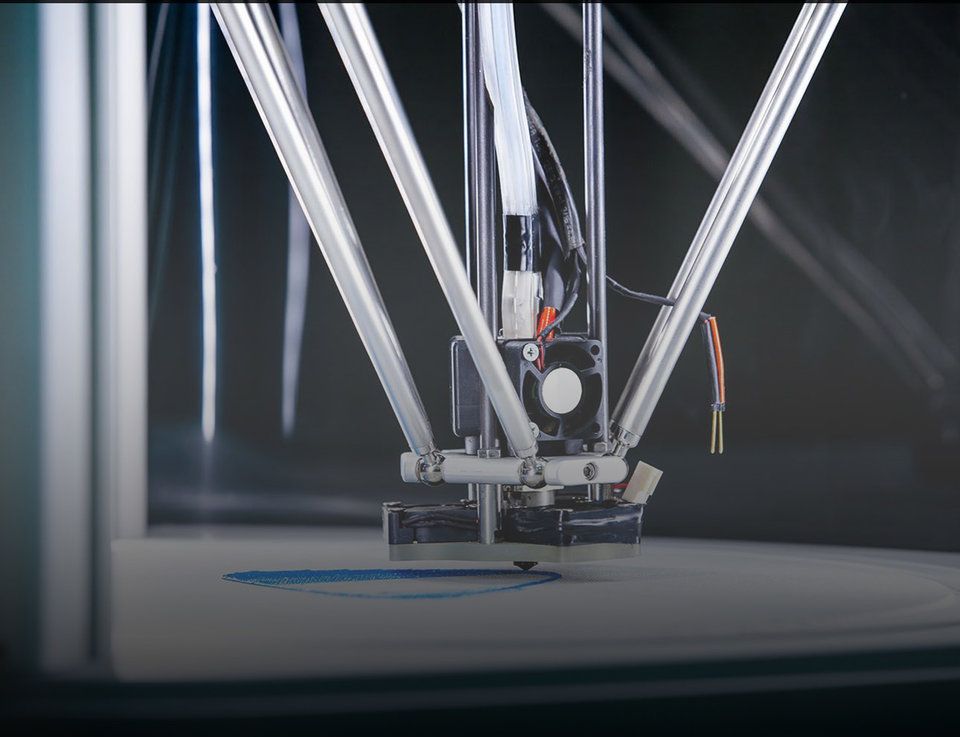Water, for drinking, sanitation, irrigation and clean energy, plays a crucial role in the transition to a more sustainable world. In the EPIC Africa project, assistant professor in Water & Control Edo Abraham explores how data collection, mathematical models and a closer cooperation between countries and sectors can improve water management and the planning of energy systems. The aim is to achieve an optimal and fairer utilisation of increasingly scarce water and land in parts of Sub-Saharan Africa.
We need water for drinking and sanitation, to grow crops and to generate electricity. The competition is fierce.
The availability of fresh water is under pressure from climate change across the globe, while demand is increasing as the population and economies grow. ‘We need water to drink, grow food and generate energy,’ researcher Edo Abraham says. ‘That means competition for water resources is fierce, not only between sectors but also between regions, particularly where water is scarce. River water, for instance, can be used for generating electricity in one place while in another it is used to irrigate crops. Failure by the authorities to put good water management in place may stifle the economic development of a country and even lead to conflict.’
Brought up in two worlds
As a researcher Abraham is interested in the role good water management can play in the socio-economic development of a country. ‘I grew up in Ethiopia and lived in London for a long time. Belonging to these two very different geographies and cultures has sparked in me a deep interest in international development; most of the time I ponder about why some places develop much more rapidly than others, and how developmental challenges in water management could be addressed. The best way to finding that out is through research. With my water management and energy systems know-how I feel it’s my duty to contribute to that research.’
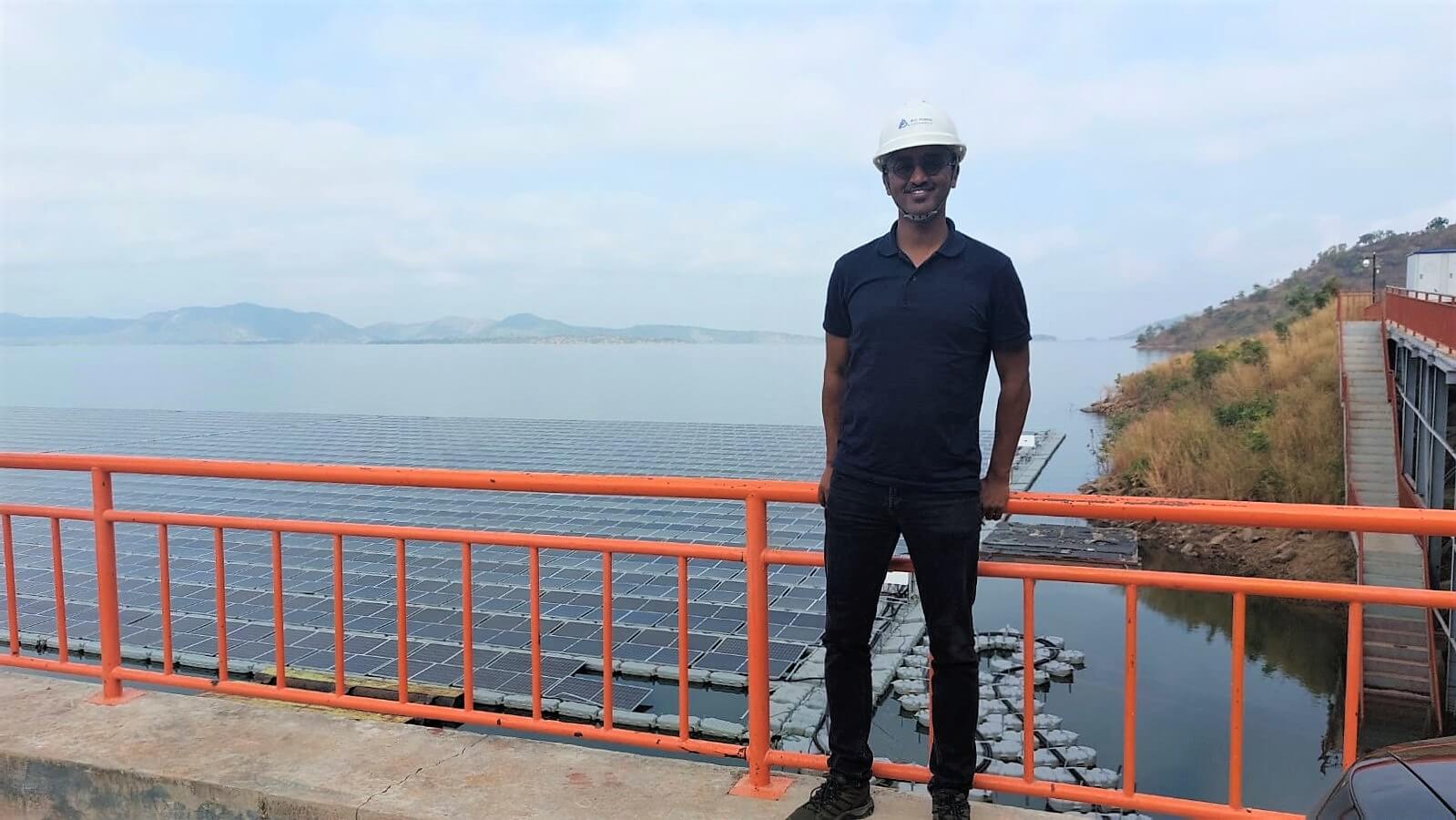
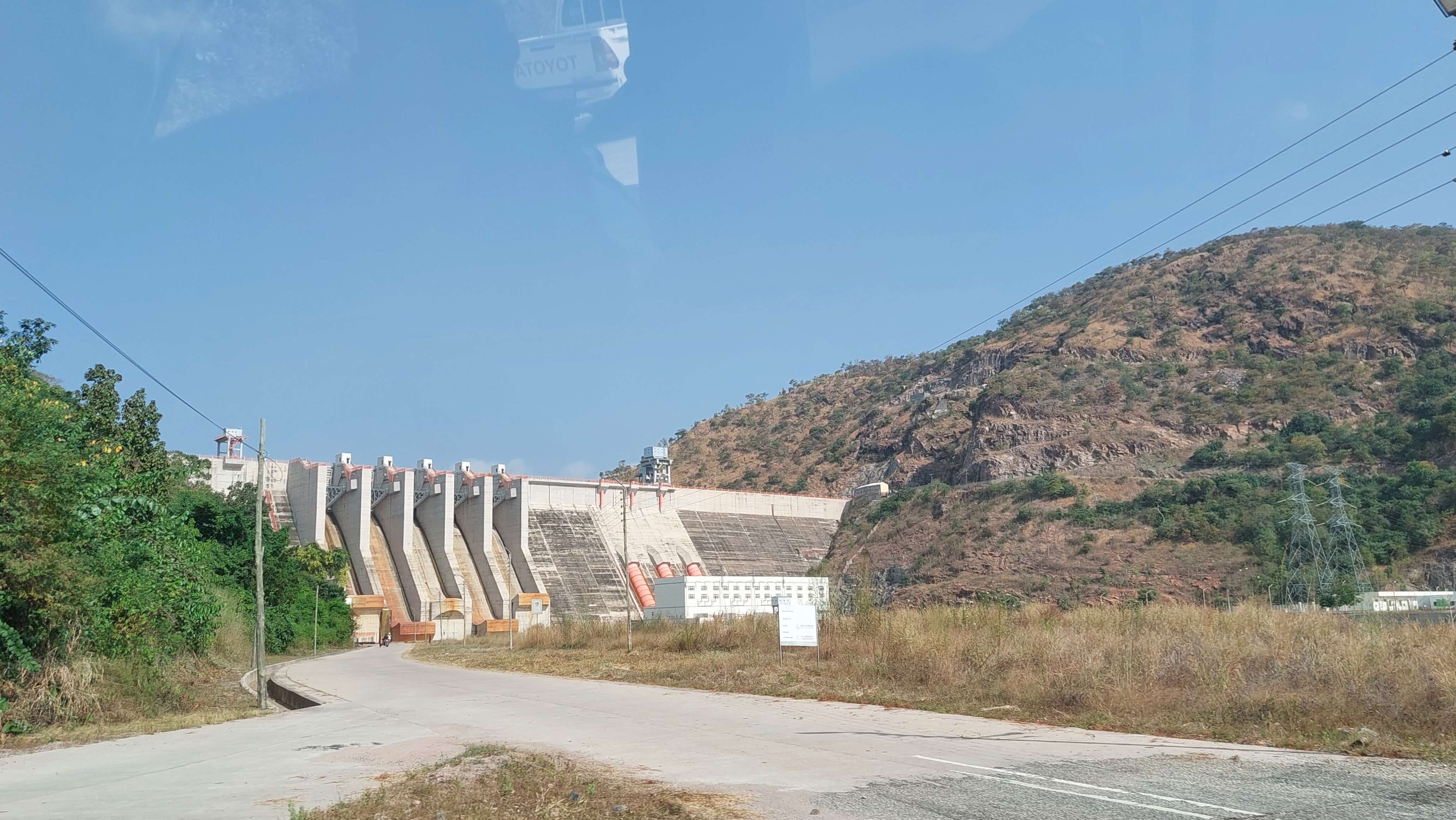
Building a floating solar park close to the hydropower dam is efficient, due to an available power grid and saves (agricultural) land.
Sustainability transitions with a nexus approach
Abraham is currently the principal investigator of EPIC Africa, a Horizon Europe research project by governmental and knowledge institutions from Europe and Africa. Abraham: ‘The aim of EPIC Africa is to shape the sustainability transition in Sub-Saharan Africa based on data collection, modelling and cooperation. We try to link the three main elements in the transition – energy, food and water systems – domestically as well as in transnational settings. It’s called the nexus approach. (nexus is latin for connection, ed.) This project mainstreams integrated nexus models to optimise long-term energy, water and agricultural infrastructure plans for Ghana, Burkina Faso and Kenyan river basins.’
Electricity versus flood risk at hydropower dam
EPIC Africa is currently focusing on the Volta River basin in Ghana and Burkina Faso, and the Tana River basin in Kenya. In November last year Abraham went on a fact-finding mission to the Bui Dam in Ghana, one of the recent hydroelectric power infrastructures in the Volta basin. ‘I talked to engineers about how the dam system works and the challenges they encounter on the way, such as how to reconcile maximising energy production and flood safety. Higher production means maintaining higher water levels but that brings with it the risk of flooding. The question is how to balance the two.’
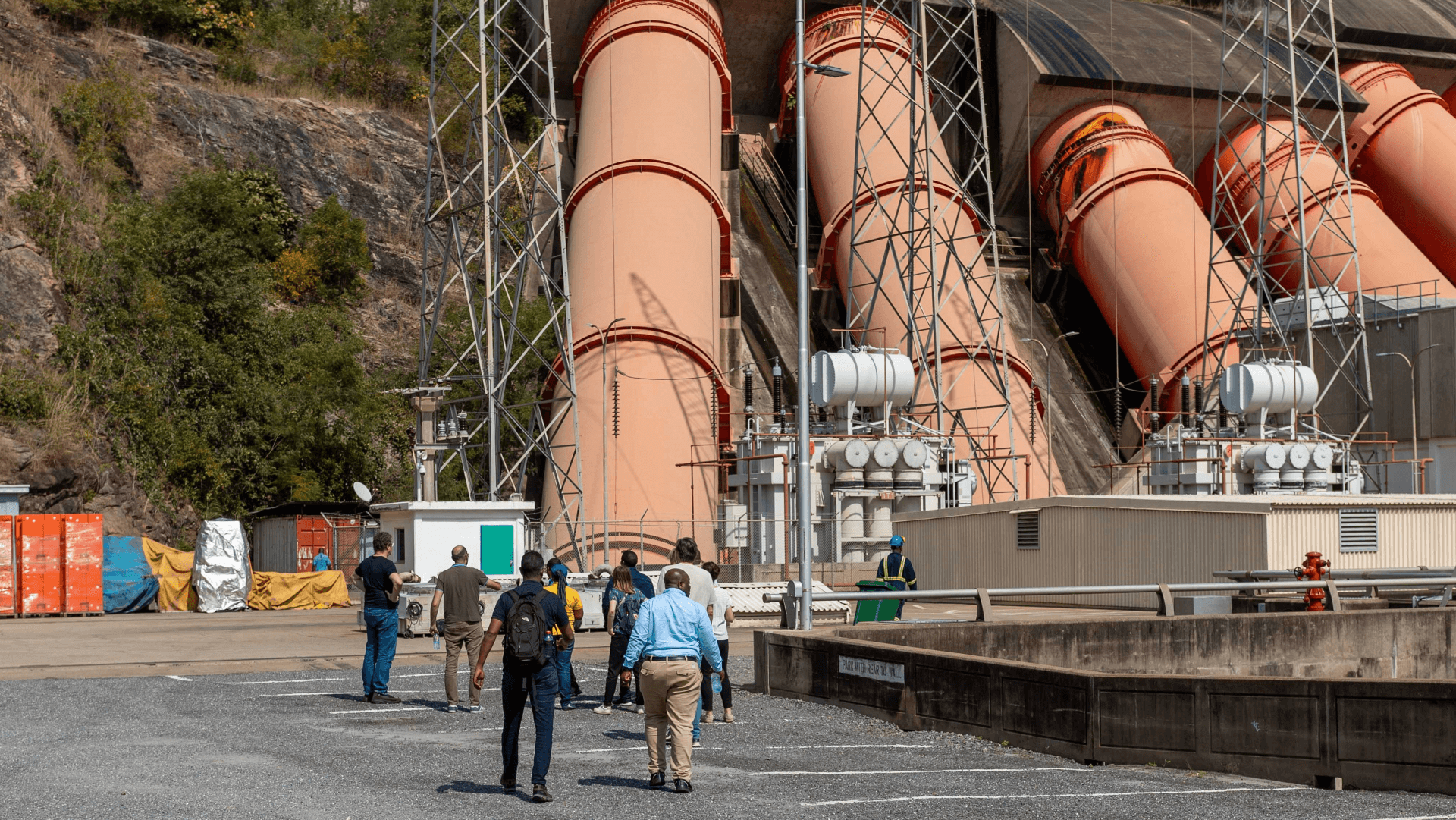
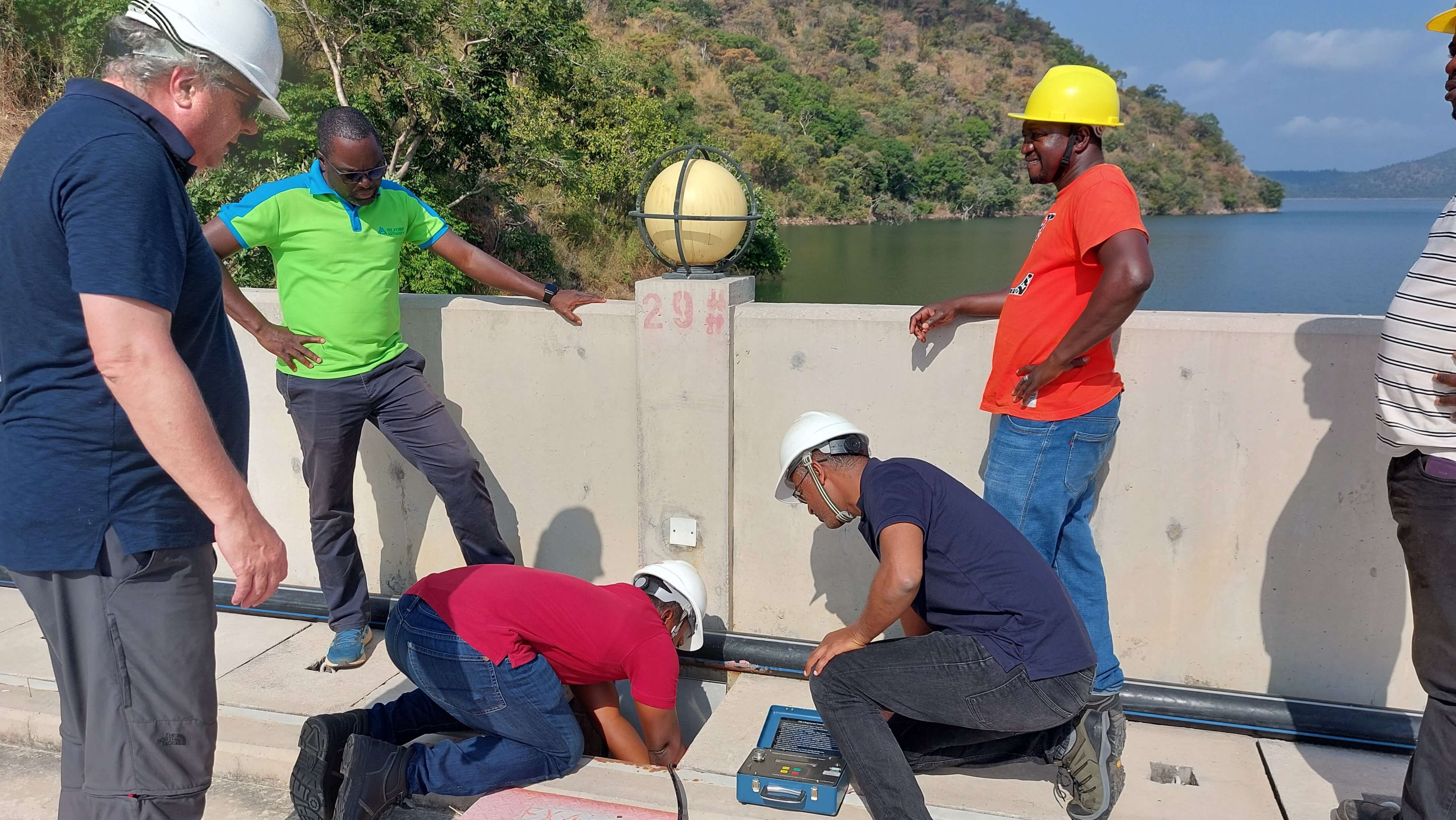
Too little cooperation
Apart from a visit to the dam, Abraham and his partners also organised a number of workshops, one of which focused on achieving and managing transnational cooperation. That is not happening enough at the moment, Abraham says. ‘There is very little cooperation between sectors or countries in practice. Everyone keeps to their own island and puts their own interests first. It’s not so much unwillingness, but it is also related to how funding in these sectors and countries are structured. If you get together and think about solutions and come to good agreements, it will be much easier to plan and devise more optimal water-energy infrastructures. And an added bonus is that countries can share the increased benefits and cost savings between them.’
A broadly supported plan
One of the ways to promote cooperation is to share ideas in the so-called transition spaces. ‘A transition space is a concept in which parties, from governments to local organisations, work together to shape the sustainable transition with parties affected. Let’s say there is a proposal to build a new dam. The parties involved can then explore what that would mean for nearby citizens and their livelihood, for instance, or the immediate environment. Will there be enough water left for crops? How much will it cost? In a transition space every party has its say and that will ultimately lead to a broadly supported plan. In the EPIC project we find out how best to organise a transition space, and which parties should be involved to enable evidence-based policy making.’
You may find that a model comes up with a result that may not be the most desirable or realistic in the circumstances.
Widespread data for predictive models
In order to gain an insight into the effects of an option, data are crucial, Abraham says. ‘We feed the data into predictive models. We are currently working on several databases using satellites and weather stations to collect data about river discharge and precipitation, for instance. Based on this data we can find out how to optimise reservoir operations or come up with a good location for a new dam. We also include data on the effects on other activities, such as irrigation. This prevents problems or conflicts once the dam has been built.’
Every time I travel through Africa I am overwhelmed by its vastness and diversity, which then strengthens my conviction that we have to stop a one-size-fits-all approach to clean energy transitions in Africa.
Combining talks and models is royal road to success
Abraham is convinced that data collection and modelling combined with a transition space type cooperation is the royal road to a successful transition: ‘One cannot do without the other. You may find that a model comes up with a result that may not be the most desirable or realistic in the circumstances. Telling people to get an electric cooker is no use if the electricity network has a limited capacity. So the models are a starting point from which a conversation then follows, in the transition spaces. And because we think data and models should be broadly accessible they are open source.’
First-hand knowledge
The trip to Ghana was the kick-off for the EPIC Africa project. This summer Abraham is returning to Africa, and this time his travels will take him to Kenya, Ghana and Zambia. The visits are an essential part of the project, Abraham says. ‘It would be logistically easier to stay in Delft and study the data there and do a bit of modelling. But I want to see with my own eyes how a dam is managed, how a river runs through the landscape, and learn the socio-economic and policy priorities directly from the main stakeholders. And every time I travel through Africa I am overwhelmed by its vastness and diversity, which then strengthens my conviction that we have to stop a one-size-fits-all approach to clean energy transitions in Africa. This alone makes a visit more than worth it.’
Published: January 2023
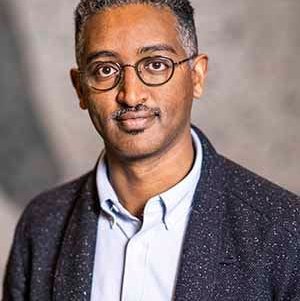
E. Abraham
Research article
In 2022 the project team of EPIC Africa, together with many co-authors, published in Nature a paper that emphasizes to stop the a one-size-fits-all approach to clean energy transitions.

